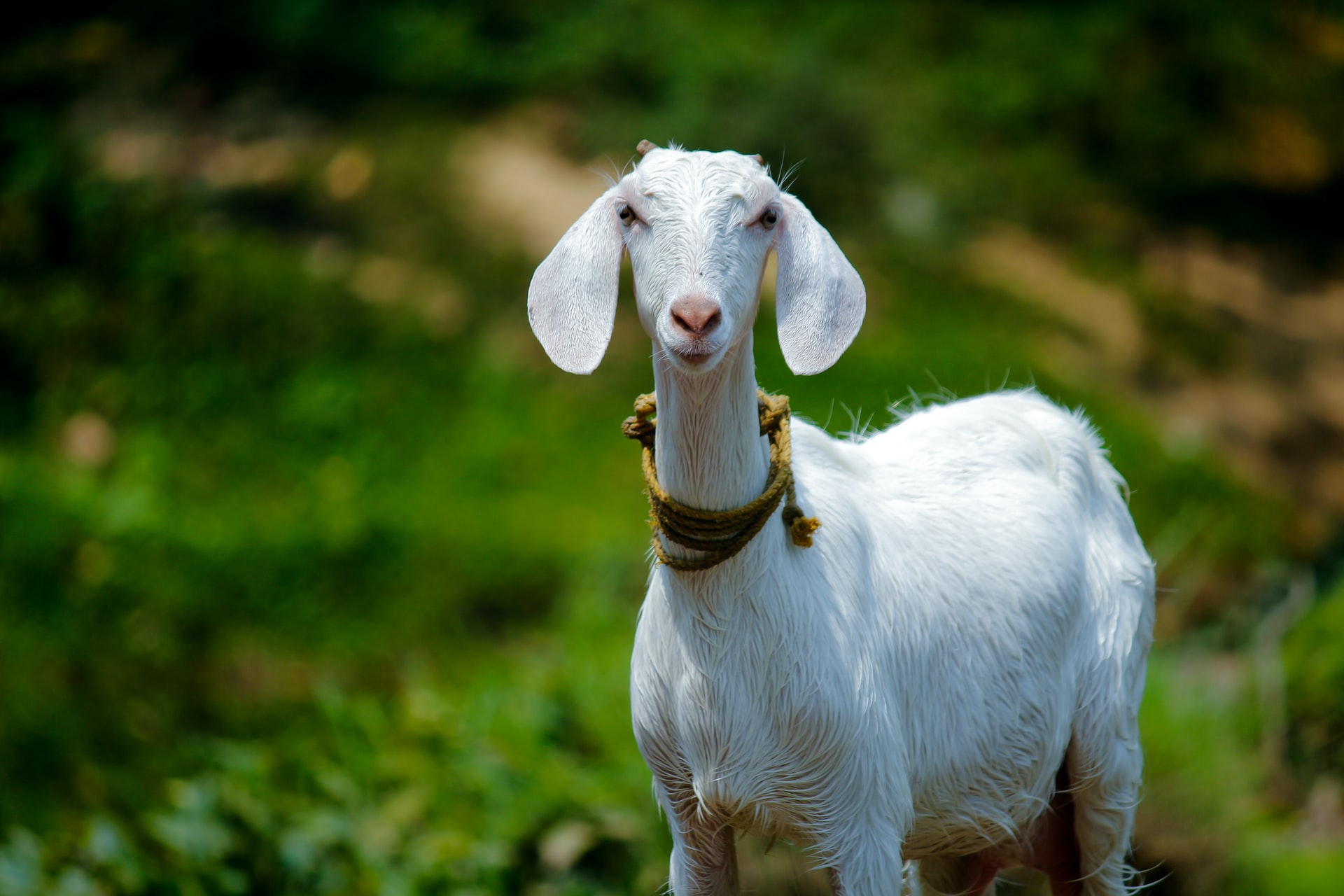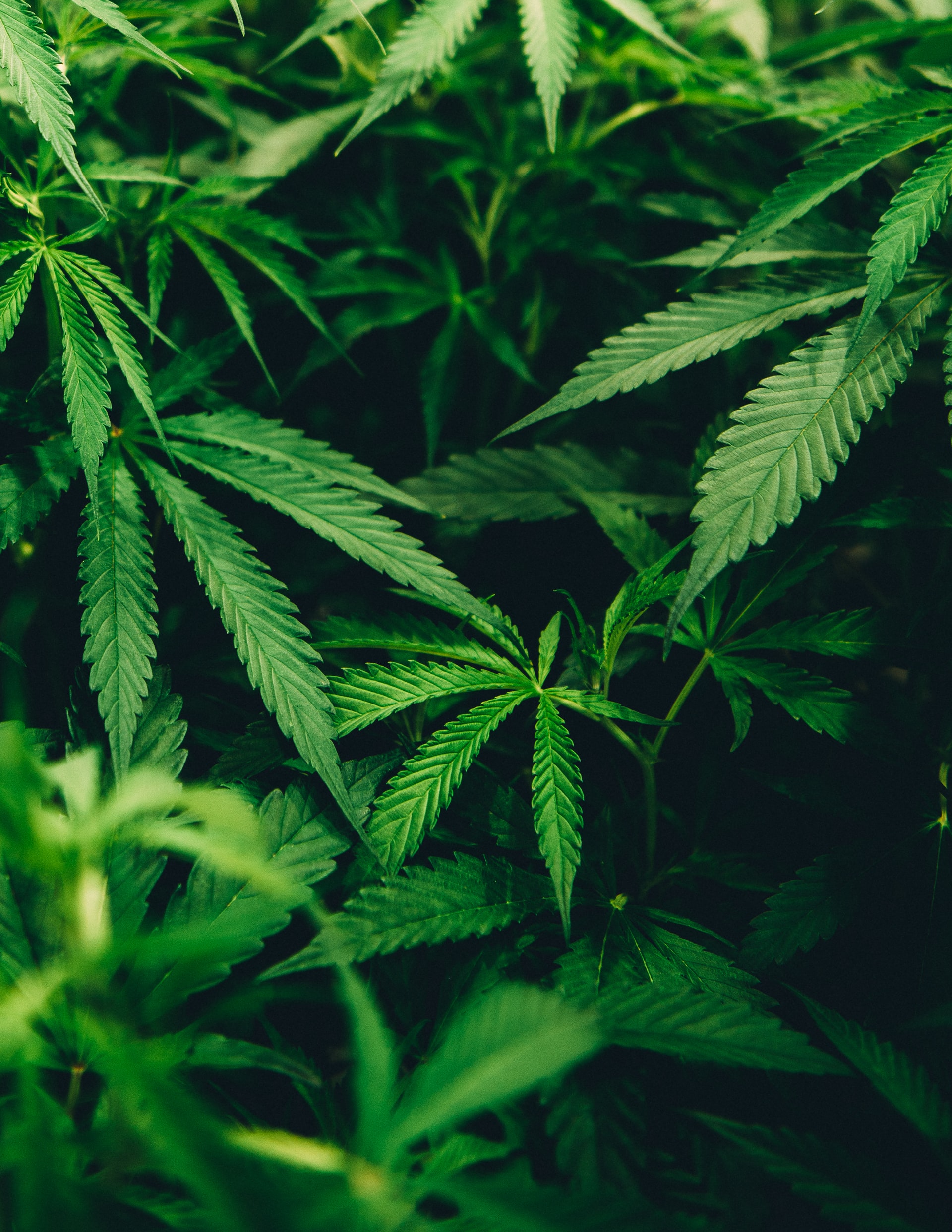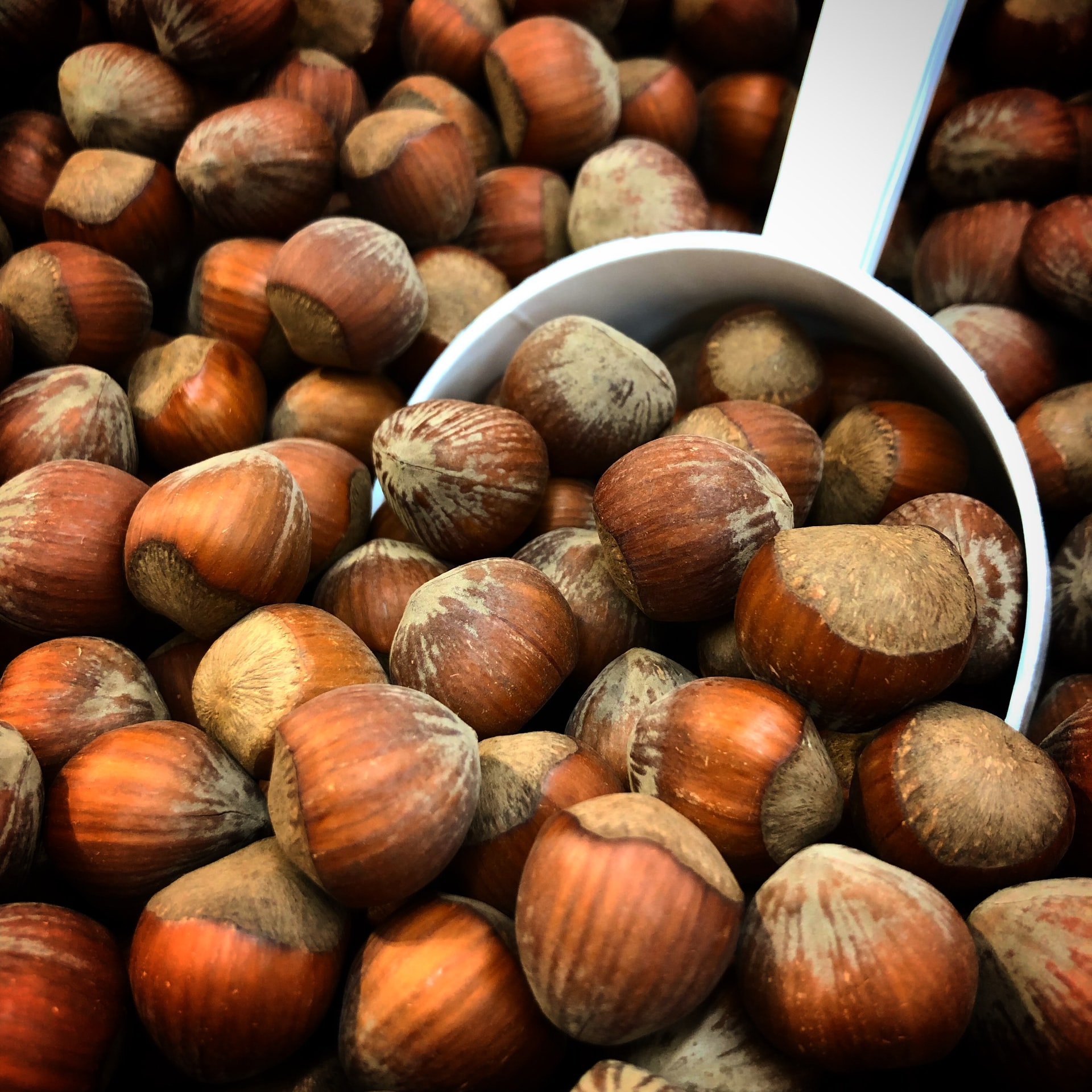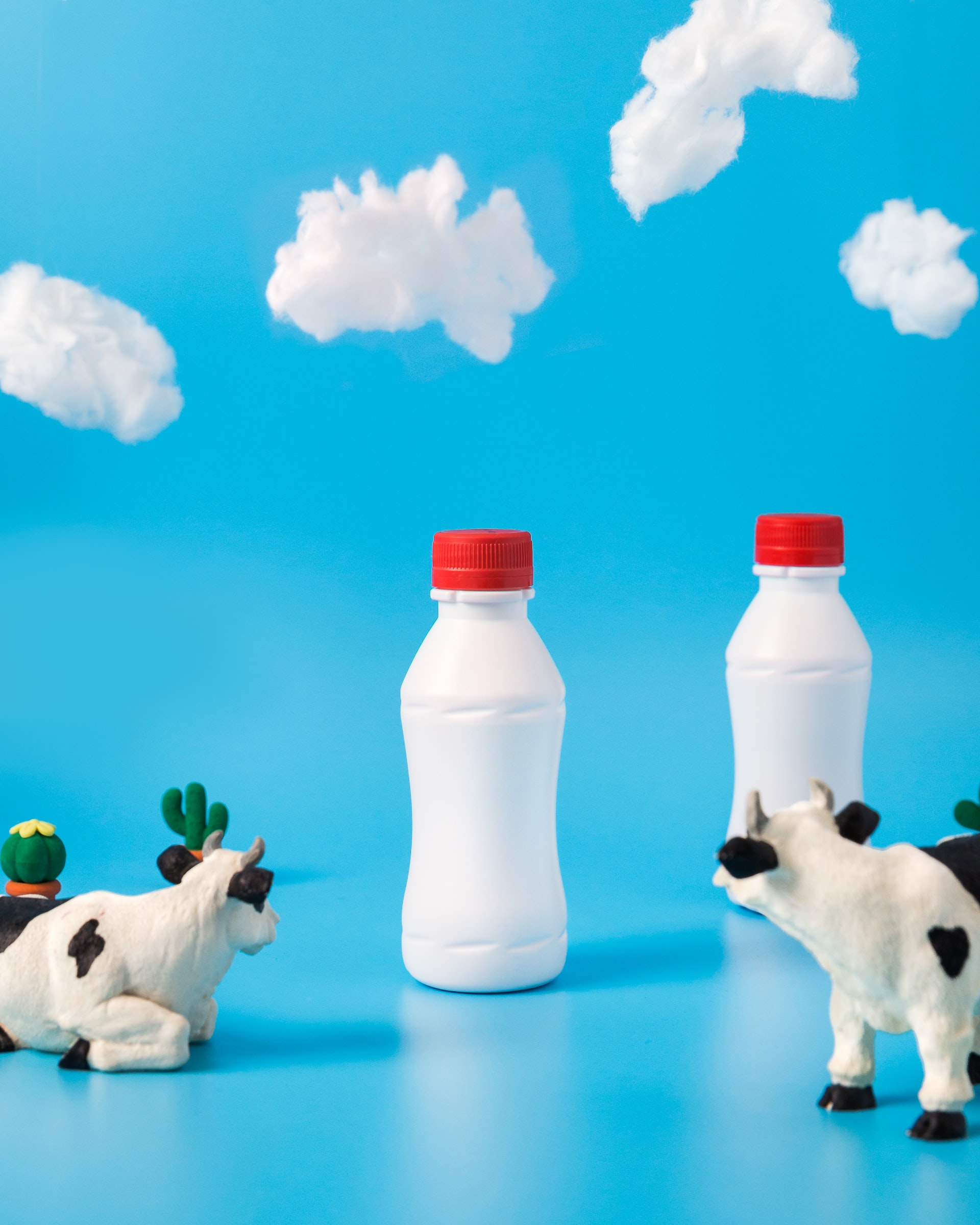In part one of this blog series, we talk about the most popular dairy and dairy-free milk alternatives out there. In this part, we’ll delve deeper into the world of dairy-free milk and see their impact on mother Earth because as great as plant-based milk might sound, they are also not that environmentally friendly. So buckle up, and let’s learn more about the other types of milk alternative on the market and their impact on our planet. Remember, even though cow milk might be really bad for our world, it is delicious, and thousands of people can make a living because of them. So, you can’t judge the dairy industry that harshly, but you can take steps to consume less milk and opt for some of these alternatives. Try something new, and who knows, this might make you discover something that you love!
Goat milk

Okay, this might sound weird to you, but a lot of cheeses out there are made of goat milk, and it is considered a delicacy in parts of the world. Unfortunately, even though it tastes good and goat cheese is to die for, goats and cows have the same impact on the environment and have a destructive habitat. They take as much water as cows to feed and produce as much if not more carbon emissions as their brethren. The latter is because it takes more time and money to transport goat and their milk which ups their carbon emission. However, because of their size, they take less space than their counterparts, which is a good thing. However, when compared to cow’s milk, goat’s milk does have some advantages; they produce less manure which creates a low threat to nearby water sources. The goat industry is much smaller than the milk industry.
Hemp Milk

This one has a niche market and is a well-liked dairy alternative by some. A lot of foragers and vegans out there have a soft spot for hemp milk because it is arguable the best and most eco-friendly milk on the market. It may not be as widely used as other plant-based milk, but we shouldn’t overlook this gem. According to some scientists, hemp can and can hinder climate change because they absorb an exceptional amount of carbon and their by-products are also 100% biodegradable. Hemp trees can sequester 4 times more carbon than your average tree; on top of that, they don’t require a tremendous amount of water to grow and even enrich the soil they are on. Hemp can be bio if you want them to because they don’t require any pesticide to grow, and they can be grown in a very small area. This eliminates the need for monoculture to create plant-based milk as it can be grown alongside other plants and vegetables.
Hazelnut milk

Hazelnuts aren’t only used to make our favorite chocolate spread but can also be used to create a pretty delicious dairy-free milk if you ask me. Hazelnut milk is slowly gaining traction in the plant-based milk industry and is arguably the best nut to create milk because it doesn’t require as much water as almonds. They not only require minimum water to grow but are also drought-resistant and, just like hemp, sequester a massive amount of carbon. You also don’t need commercial honeybees to pollinate them as they are wind-pollinated. The lower greenhouse carbon emission rather than contributes to it is said to be one of the plants that absorbs the most carbon. They also reduce soil erosion and may even prevent surface runoff that could pollute nearby water sources.
Remember, even though you might think you aren’t making an impact on Earth, it is one same step for humankind, but it is a giant step for the preservation of mother nature. Sound off in the comments section below and tell us your favorite milk alternative.
